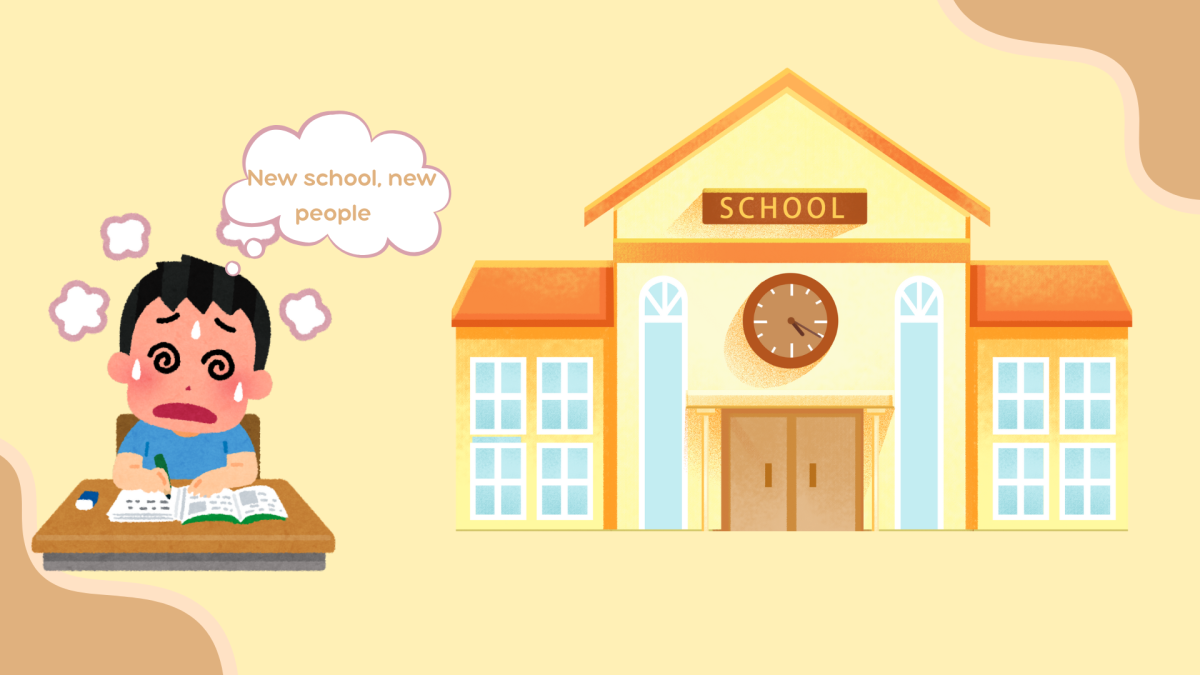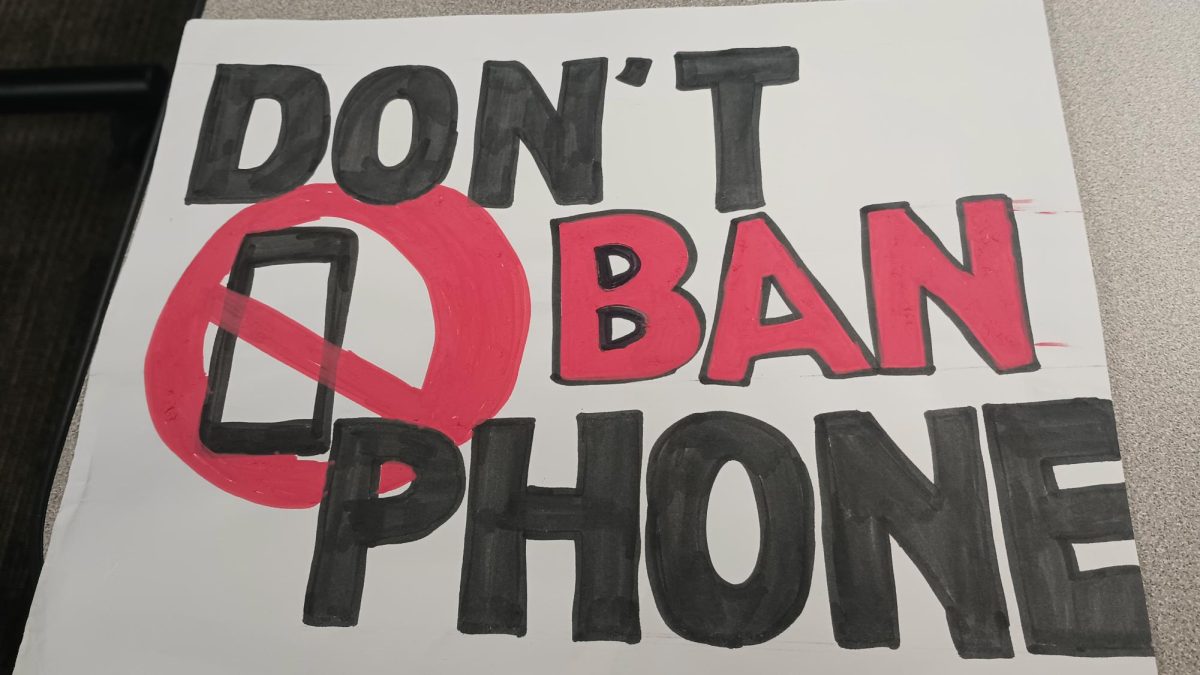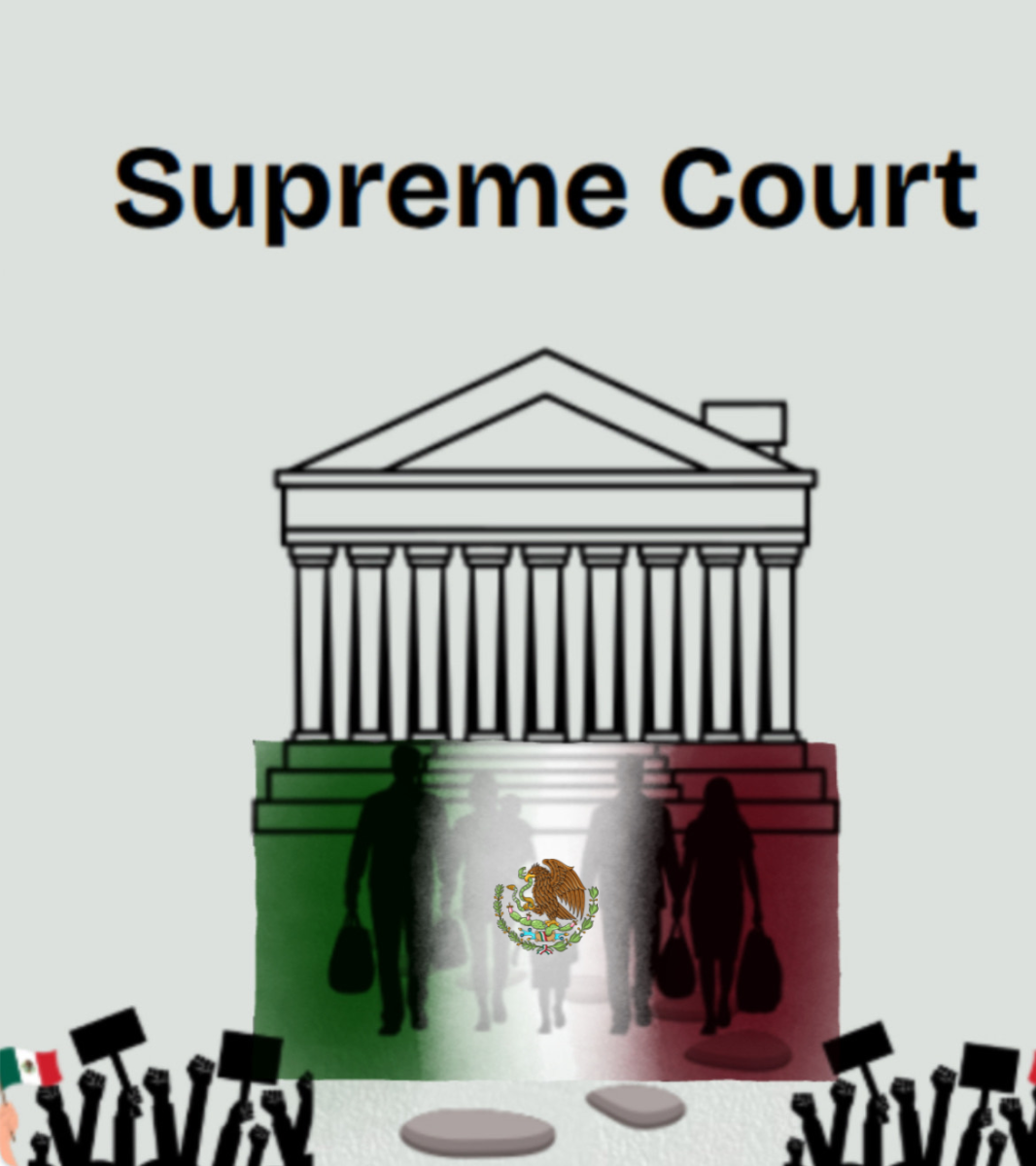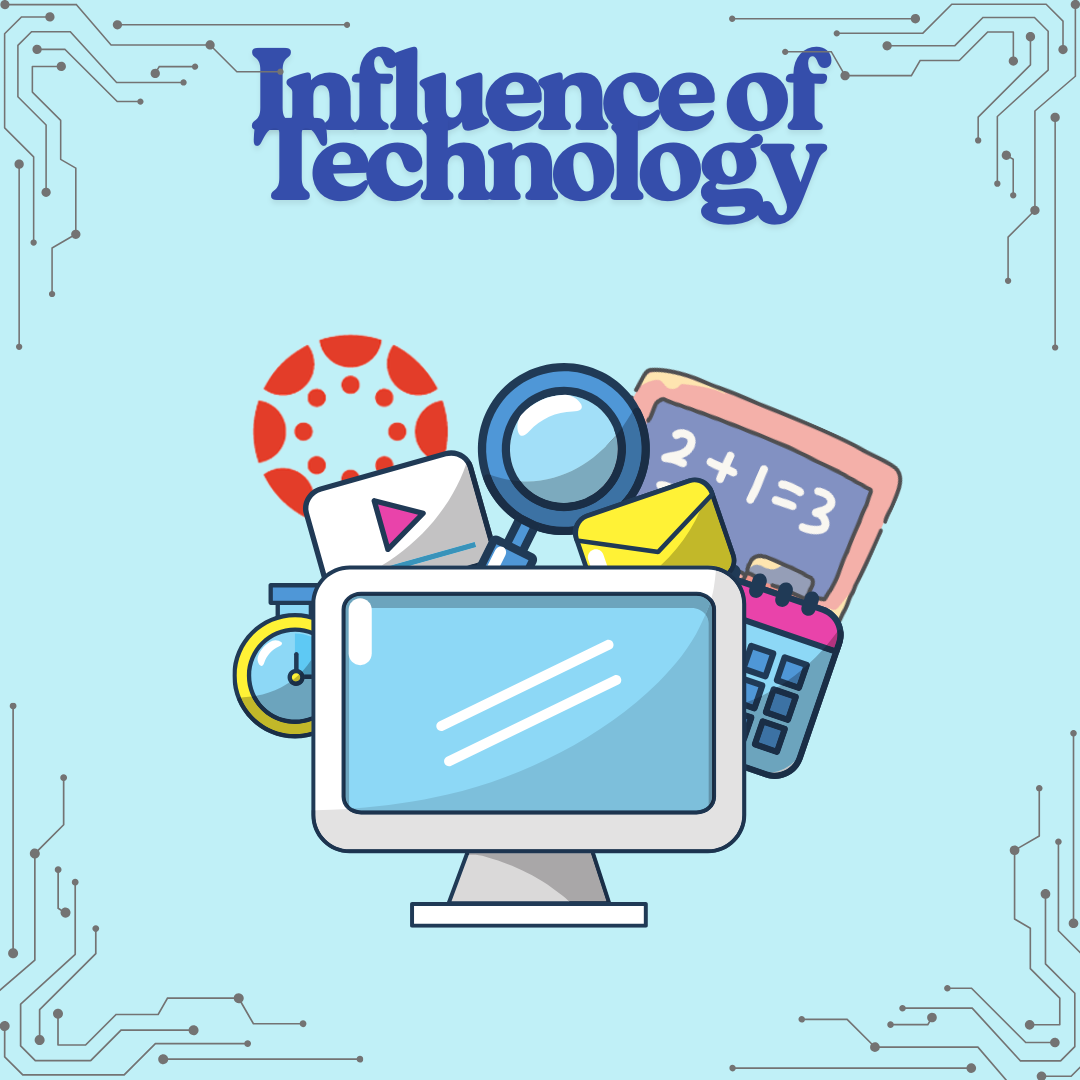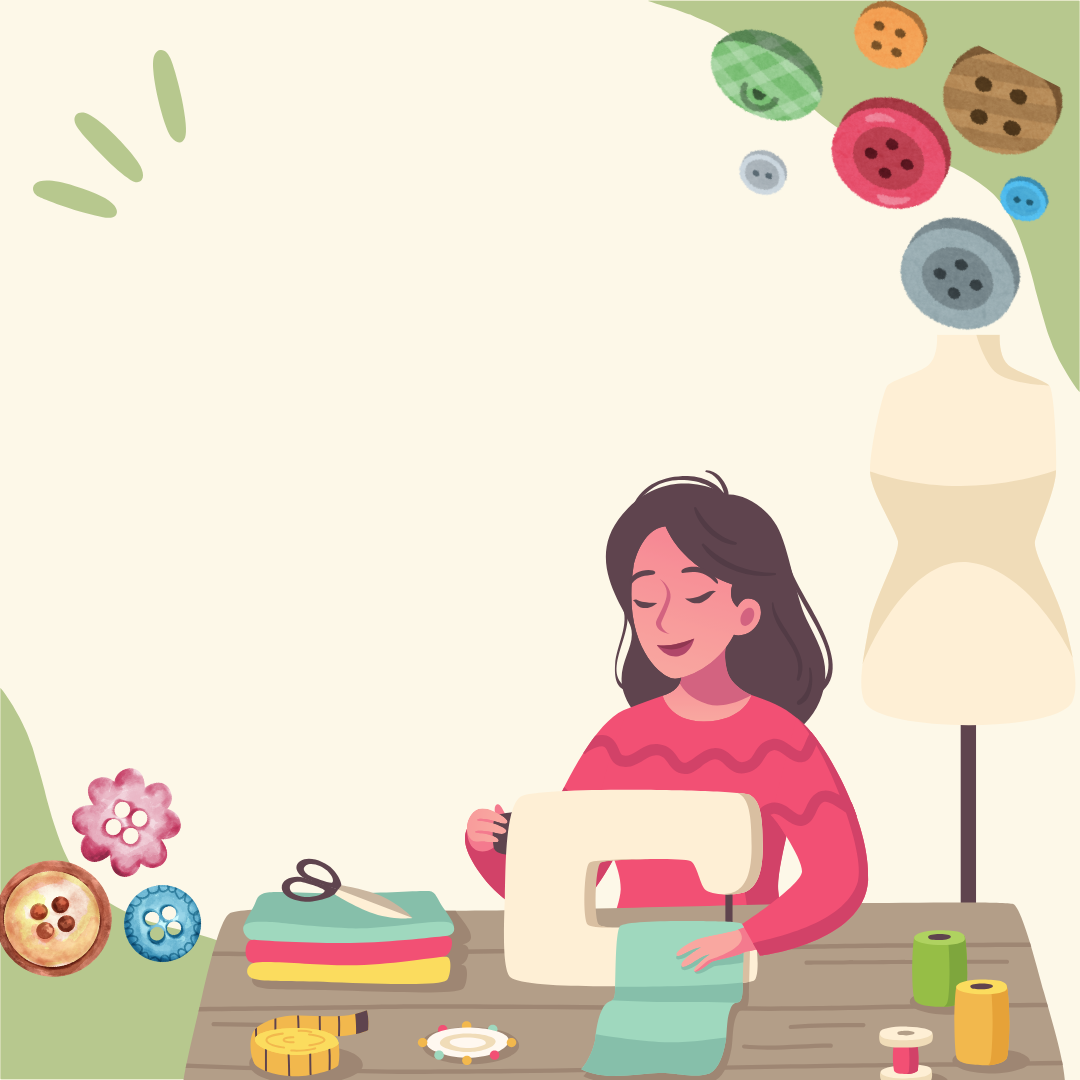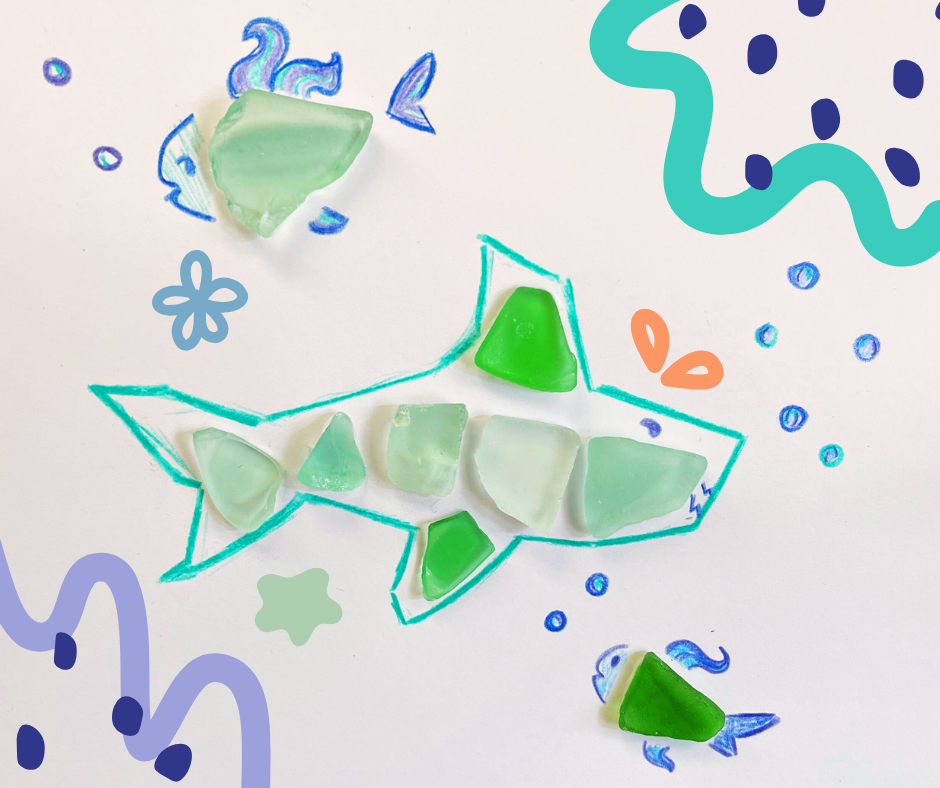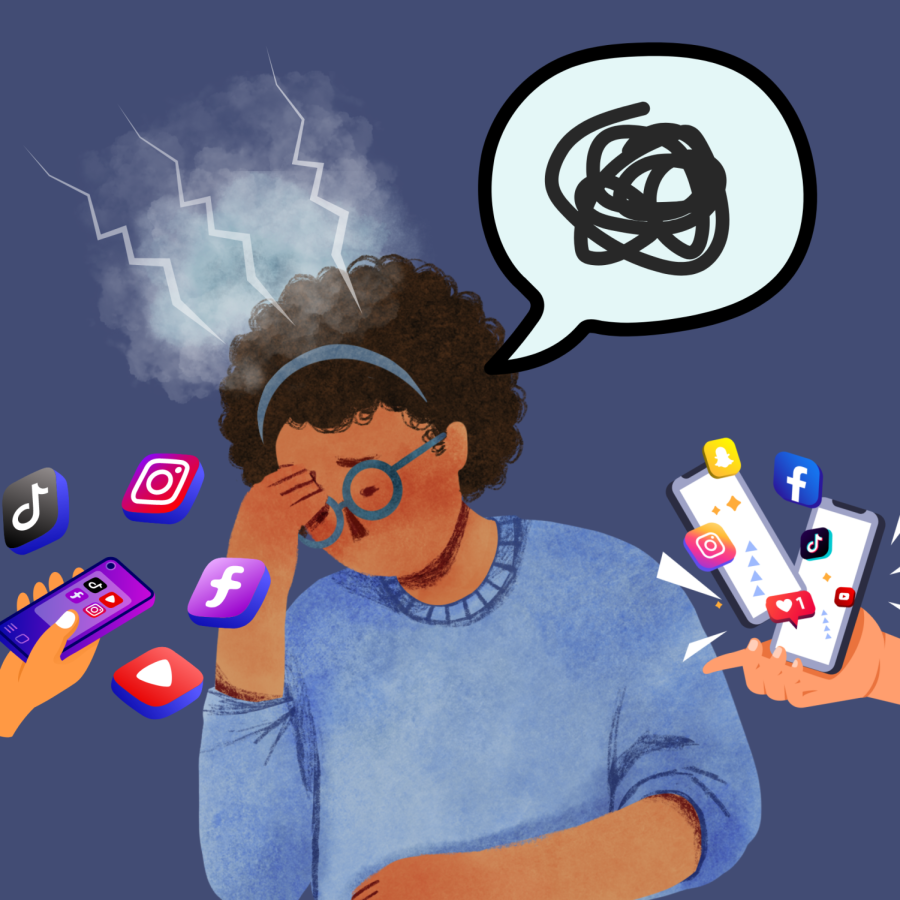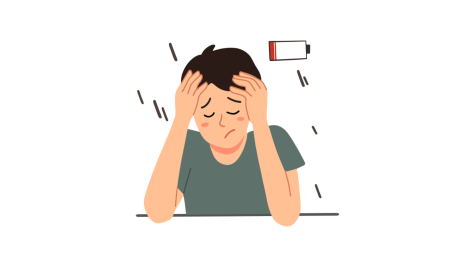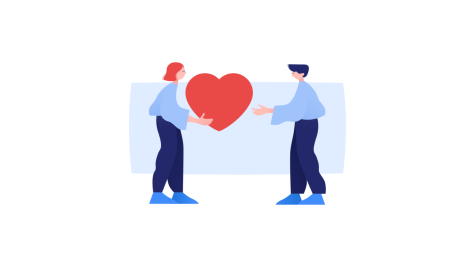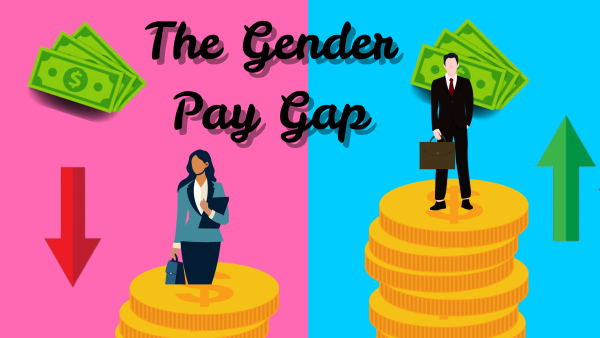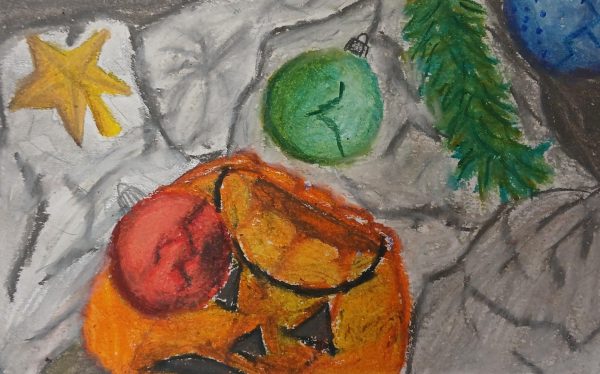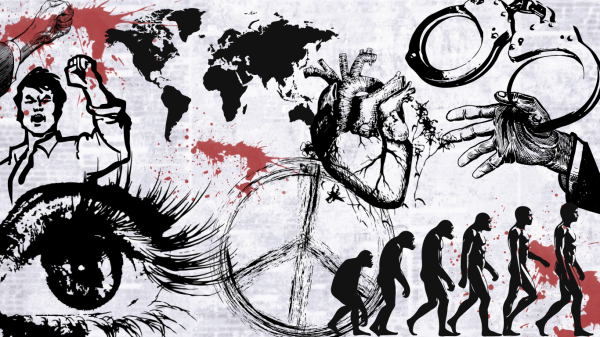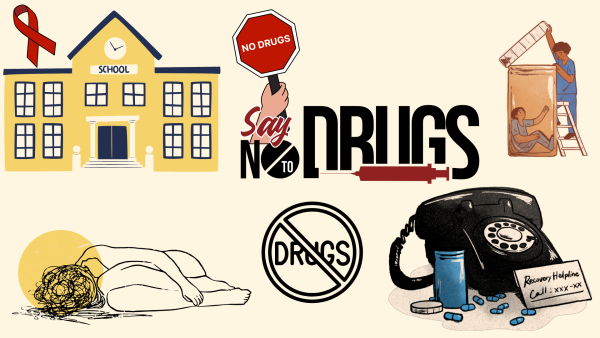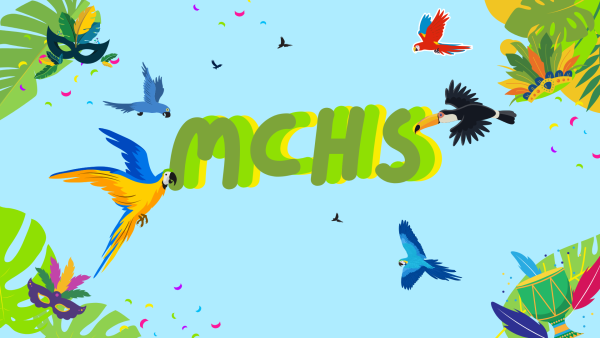A hole we can climb out of
People are starting to get overwhelmed by all the technology and news around us. As a result, we are experiencing compassion fatigue.
You wake up in the morning and you get the itch for social media. As you scroll, you repeatedly catch glimpses of tragedies such as the recent earthquakes in Turkey and Syria or the train derailment in Ohio. These videos combined with the occasional funny meme or viral TikTok dance quickly overwhelm you as you feel trapped in this never-ending cycle. You start to become fatigued and desensitized, and it seems as if you are sinking with no escape.
Due to the 24/7 news that technology and apps have allowed us to see in such little time, it seems like we are beginning to feel something destructive and that can be described as “compassion fatigue.”
Psychology Professor at Santa Ana College, Jeffrey Pedroza said, “[Compassion fatigue is] a loss of the ability to feel compassion towards others, which affects the person’s emotional, physical, and spiritual ability to relate and give care.”
Experiencing compassion fatigue can be very difficult which may leave us feeling confused about why we are feeling this way. Having that confusion is harmful to us as a society since it can cause a decrease in empathy and compassion.
Smitha Bhandari in her article titled, “Compassion Fatigue: Symptoms to Look For,” said that some symptoms of compassion fatigue are mood swings, feelings of anxiety and depression, trouble being productive, insomnia, exhaustion, and even changes in appetite. However, Bhandari said, “While the symptoms can be frightening and sometimes debilitating, there are steps you can take to heal. Recognizing the signs, taking proactive preventive measures, and seeking treatment can help.”
While hearing about current tragic events is inevitable, it’s important that we pay more attention to how we’re feeling and recognize that we aren’t alone in this battle against compassion fatigue.
Reporter for Voice of OC, Hosam Elattar, believes it’s important that people watch the news.
“I would say it is important to consume news whether it is written articles or TV news to stay informed about your community and your world. It is important to have information that will help you form your own opinion on important issues that impact you…Knowledge is power and information can be used to hold people in power accountable and make the world a better place,” he said.
Elattar covers a range of topics as a journalist and being one has been a very rewarding yet challenging job for him.
“Sometimes I lose faith in people. Sometimes people restore that faith. You learn in life very little is black and white; sometimes it’s gray,” Elattar said.
Reporter for Cal Matters, Michael Lozano, emphasized the need for people to watch the news.
“Democracy only functions when people have the facts. We can only make informed decisions when we have thoroughly assessed a situation and understand reality as it really is. Facts matter,” Lozano said.
Not only does intaking the news make us better-informed citizens, but it can change our perspective of the world.
Lozano described how being a journalist has made him, “much more open-minded and aware of the beautiful differences between people and how we should listen to each other more, no matter what walk of life we come from. A mayor has an interesting story. A person living in the street does, too.”
Watching or reading the news can make us more open to the world around us and long to learn even more about it. However, when technology comes into the situation, things start to change.
“The pandemic, literally shutting down society for a little over two years, contributed to the amount of compassion fatigue. Most of us were isolated from one another, and since we are social beings, this isolation, resulted in a great amount of anxiety and depression. There was also the constant stream and time exposed to negative stories and the uncertainty of the future,” Pedroza said.
The negative feelings that we were experiencing while being isolated were further exacerbated by social media.
Elattar said, “Social media is very accessible and packages news in a way that is easy to consume for people nowadays. People can scroll through Twitter and see various headlines and people’s reactions to it, or they can scroll through Instagram and see videos of things going across the world.”
During quarantine, most people were using technology daily whether it was for school or for personal use. From being constantly bombarded with COVID-19 statistics and cultural shifts, we detached from the news as a coping mechanism.
”Just opening Twitter on your phone, or looking at the TV in a bar, exposes you to enormous problems you can’t possibly solve. Perhaps you can help, but the difference that an individual contribution makes – placing a call, voting, going to a protest – often feels imperceptible,” Elisa Gabbert said in her article, “Is compassion fatigue inevitable in an age of 24-hour news.”
We often feel like we are personally responsible for issues in the world, and that we should be doing more to solve them. We forget that sometimes it is quite literally impossible to solve certain issues because they are completely out of our reach. Although we can’t do anything about all the world’s problems, not being able to help causes us to feel guilty.
Journalism teacher Tamara Storms, has been struggling with compassion fatigue.
Storms said, “Lately, I had to turn off the radio and put on some music, and I’m tired. I can’t handle listening to such a tragic thing…Has it gotten worse lately? Yes, I think so, and I don’t know what the reason is but one is that the information that we’re being given by news sources has been very anxiety-producing.”
We are experiencing real-time consequences of compassion fatigue in the younger generation.
“I am always amazed by the amount of caring that young people have in their hearts. That being said, I notice a little bit of hostility and lack of empathy this school year that I attribute to the lack of socialization that students experienced due to the lockdown,” Storms said.
Storms continues with persistence, however, and uses her own experience with compassion fatigue to broaden her perspective about her students. Since they are the ones with the most experience of having technology overwhelm them, she tries to understand how they may be feeling.
Being a teacher has made Storms feel even more responsible about caring for her students and preparing them to be the leaders of peace, tolerance, and acceptance in our society.
Teachers like Storms now carry a heavy responsibility in teaching students how to be responsible citizens.
While it may seem like compassion fatigue is a cycle we can never escape from, there are ways to lessen our fatigue.
“Good self-care is important in everyone’s life. We should always have something to look forward to and be appreciative of waking up every day as a healthy human being. It doesn’t take a lot of energy to smile at somebody and say kind things to a stranger. This can counteract the effects of the negative stories we’re constantly exposed to. I believe we should find an avenue to reduce our isolation and anxiety and limit the amount of social media we are exposed to,” Pedroza said.
Limiting the amount of social media usage and our exposure to fear-based news are efficient ways to lessen our compassion fatigue.
Lozano said if we want to continue to be informed but not compassionately fatigued, we should focus on our individual needs.
“I encourage folks to know themselves well: find the top three things that best nourish your energy. For me, it’s nutrition, gym time, and getting good sleep. You probably wouldn’t get good sleep watching the news before bed, so make some time in the day to consume news when you are feeling most alert and perhaps not emotionally vulnerable,” Lozano said.
Lozano also gives more helpful advice on how to choose where we get our news from.
He said we should “consume news sources that aren’t so bombastic and dramatic in their tone. There’s sources out there that really just want to shock, there’s some that want to civilly inform, and some that want to entertain. You can feel the difference when you consume them.”
Storms recommends taking news breaks, spending time with people you love, and sleeping to manage compassion fatigue.
Since compassion fatigue is causing us to lose our connection with one another, we are in turn losing our connection with one another which is what makes being a human so special.
“I choose to reveal my sources in an empowered light because they often are empowered. Communities are resilient, full of beautiful history, and culture. It inspires me to see how people overcome. It reminds me of why I do my job in the first place,” Lozano said.
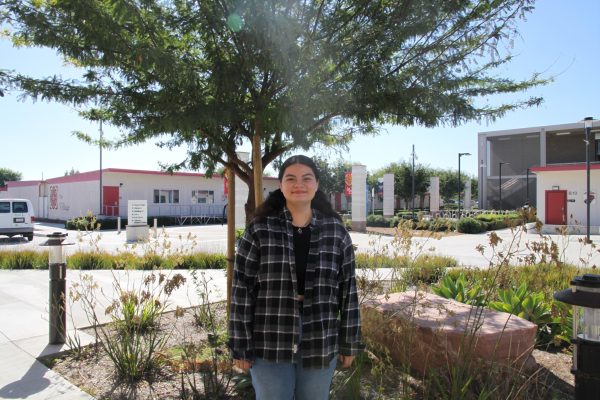
I have two cats named Phoebe and Freddie, I am a music nerd who loves TWICE, Radiohead, and Hot Freaks, and my favorite color is green.

